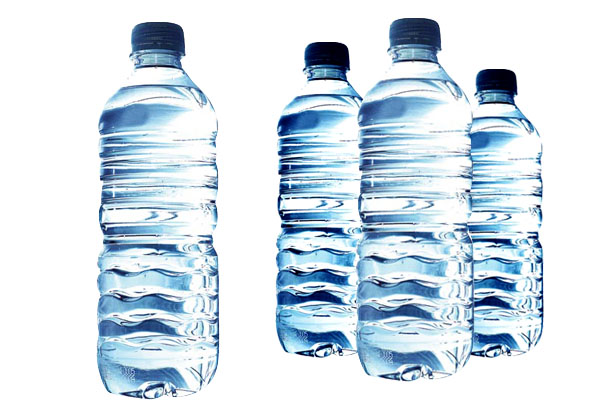
Buying bottled water is not sustainable as you will see below. Australians spend more than $500 million on bottled water each and every year. While we are all becoming much healthier and drinking more and more water, the impact on the environment is absolutely terrible. What is happening is that we are purchasing larger amounts of bottled water thinking that it is better for us and not drinking the tap water. The best thing we can do is to add a filter to our tap water and refill reusable containers and bottles. Here are some interesting facts that I found at the Cool Australia Website about the impact bottled water has on our environment.
* It takes up to seven litres of water and one litre of oil to produce one litre of bottled water.
* A recent News Limited taste test had 68% of us liking the tap water better than bottled water. Around 20% couldn’t pick a difference.
* Tap water has 1 per cent the environmental impact of bottled water.
* Bottled water production makes 600 times more CO2 than tap water.
* Australians spent more than $500 million on bottled water last year.
* One bottle of water has the same impact on our environment as driving a car 1km.
* Most water bottles end in landfill.
* Australians drank 115 Olympic swimming pools worth of bottled water last year.
* Discarded drink bottles account for 38 per cent of the total rubbish volume.
* The average cost of a litre of tap water in Australia .001¢
* The average cost of a litre of bottled water in Australia is $2.83
* The average Australian drinks 14 litres of bottled water per year.
* Australians buy 118,000 tonnes of plastic drink bottles a year.
* It takes 8 years to recoup the cost of a bottle of water by refilling the bottle with tap water.
* Water bottlers (Coke & Schweppes) of Australia are fighting against legislation for a container deposit scheme. What? The system has worked very well in South Australia for 35 years. In 2008 the refund was increased from 5 cents to 10 cents and return rates jumped 20% from a good 70% to a brilliant 80%.